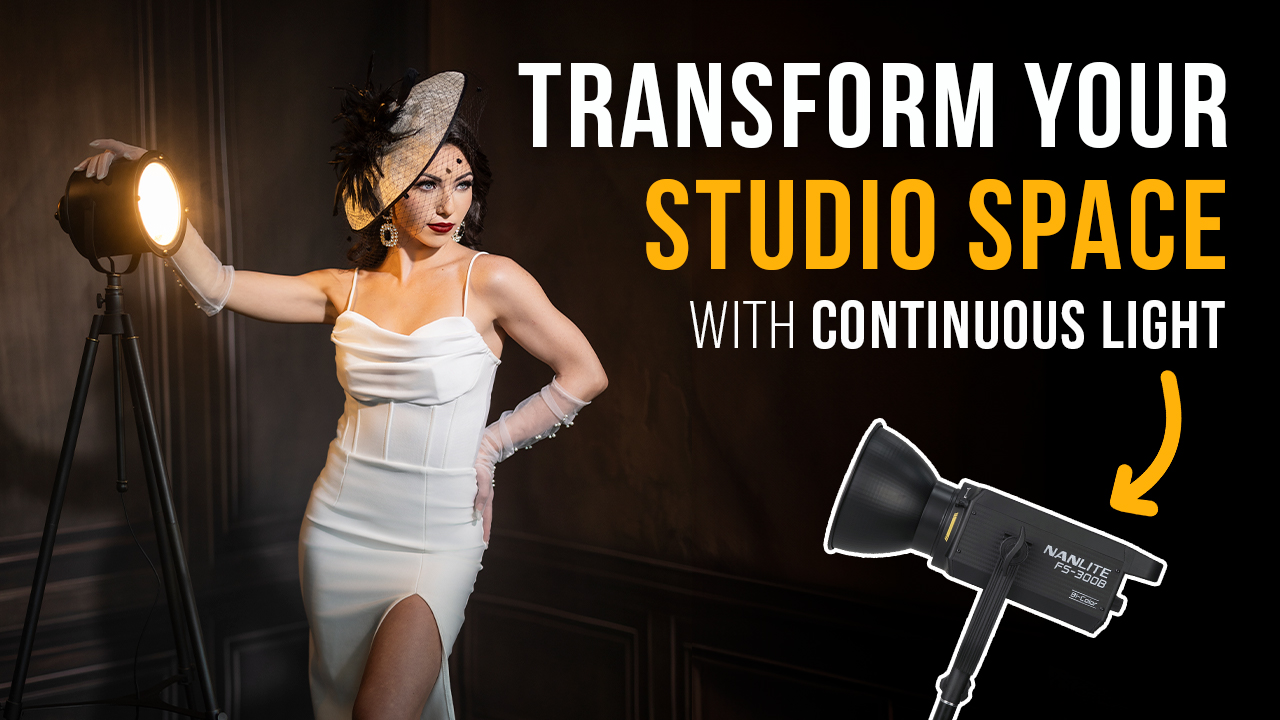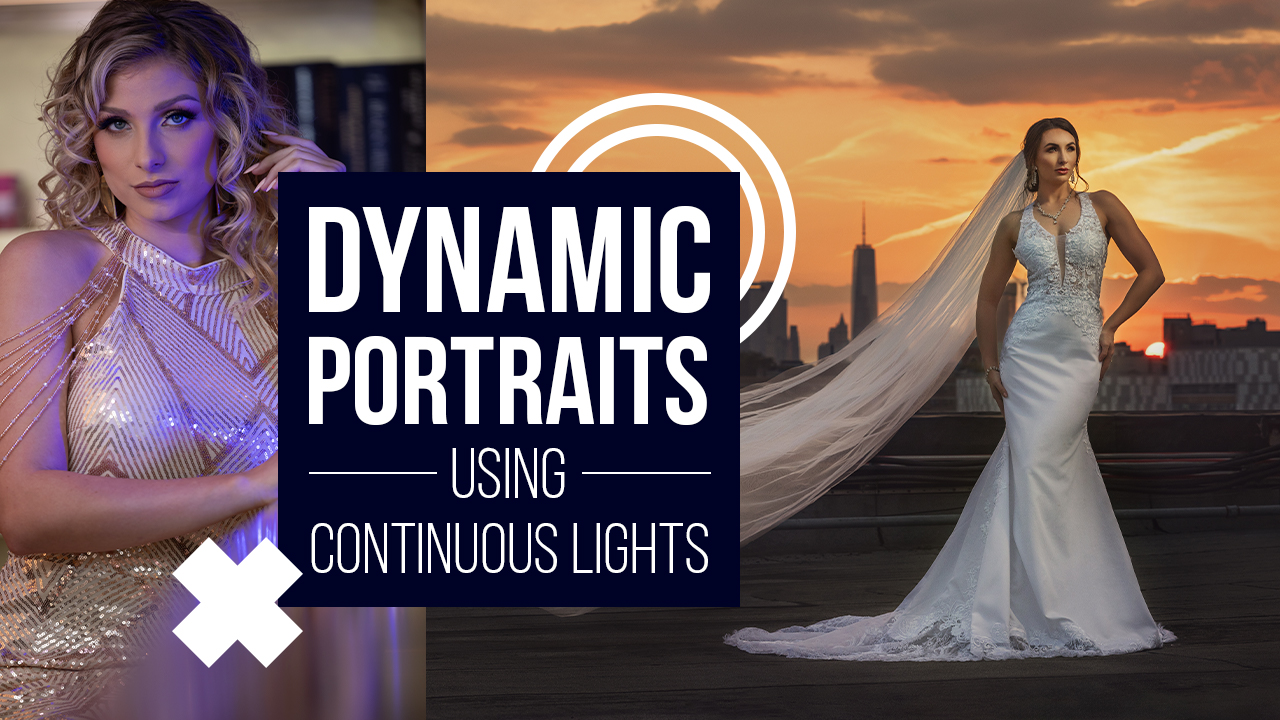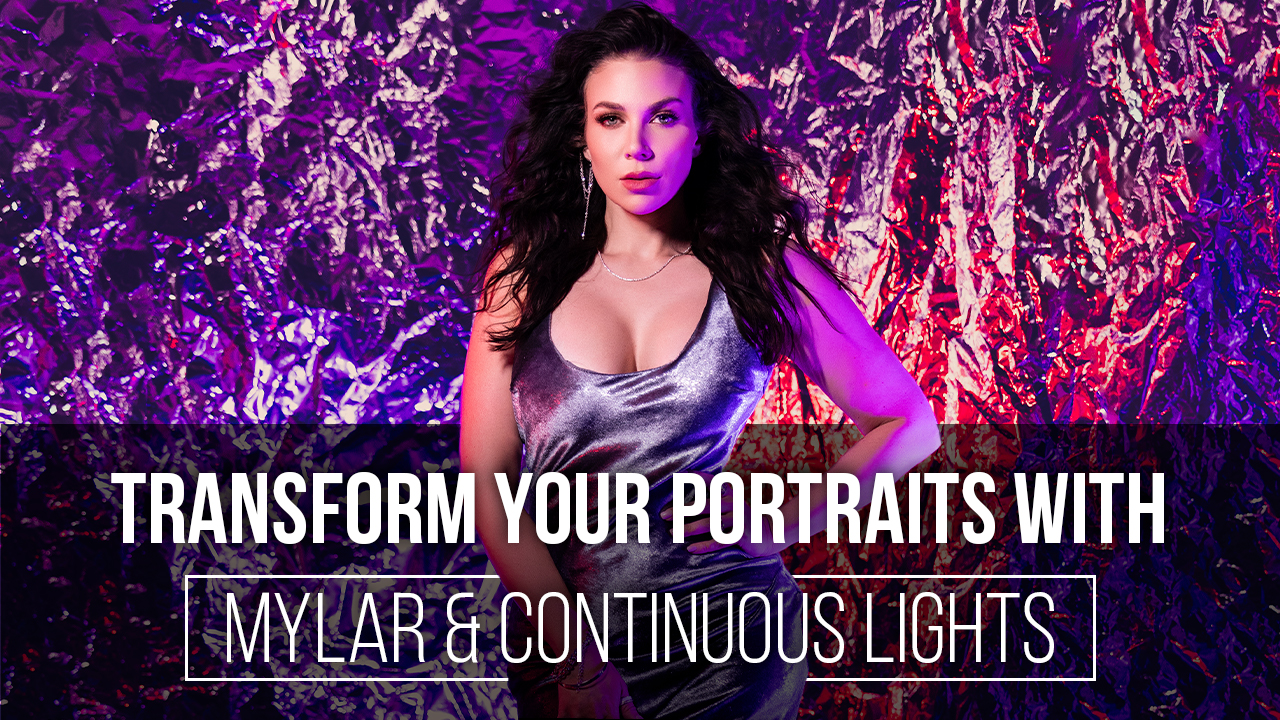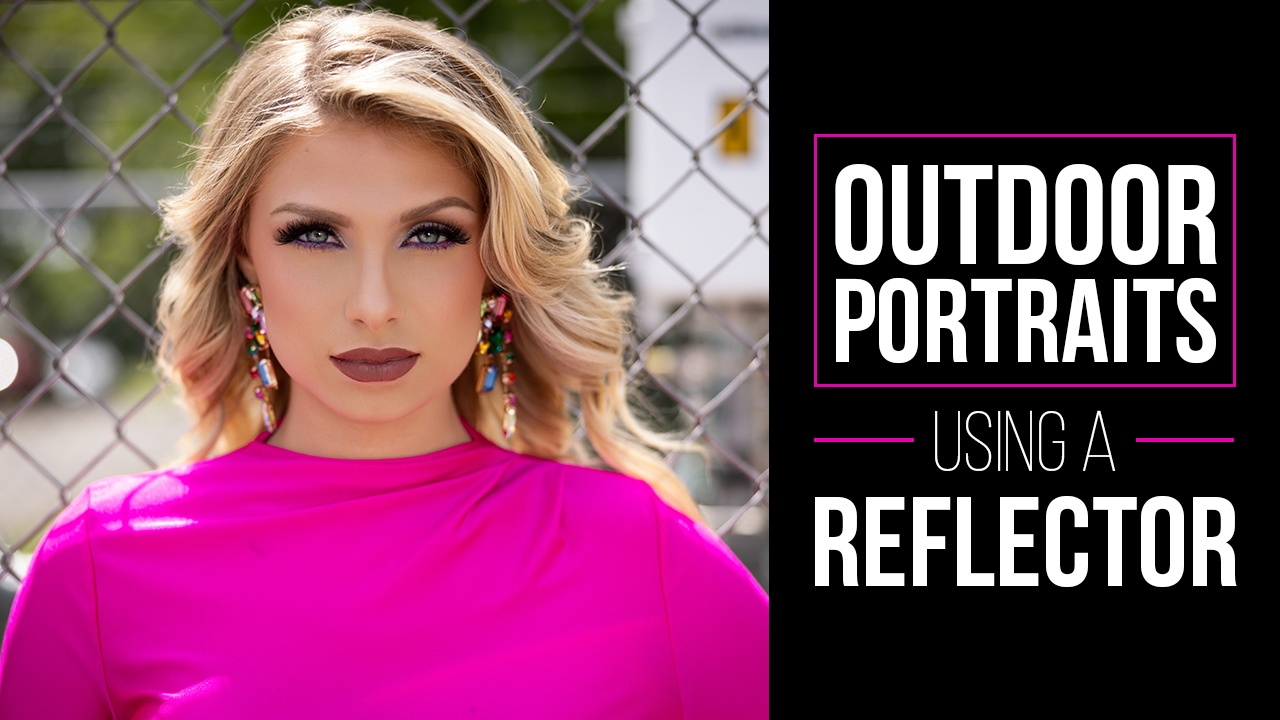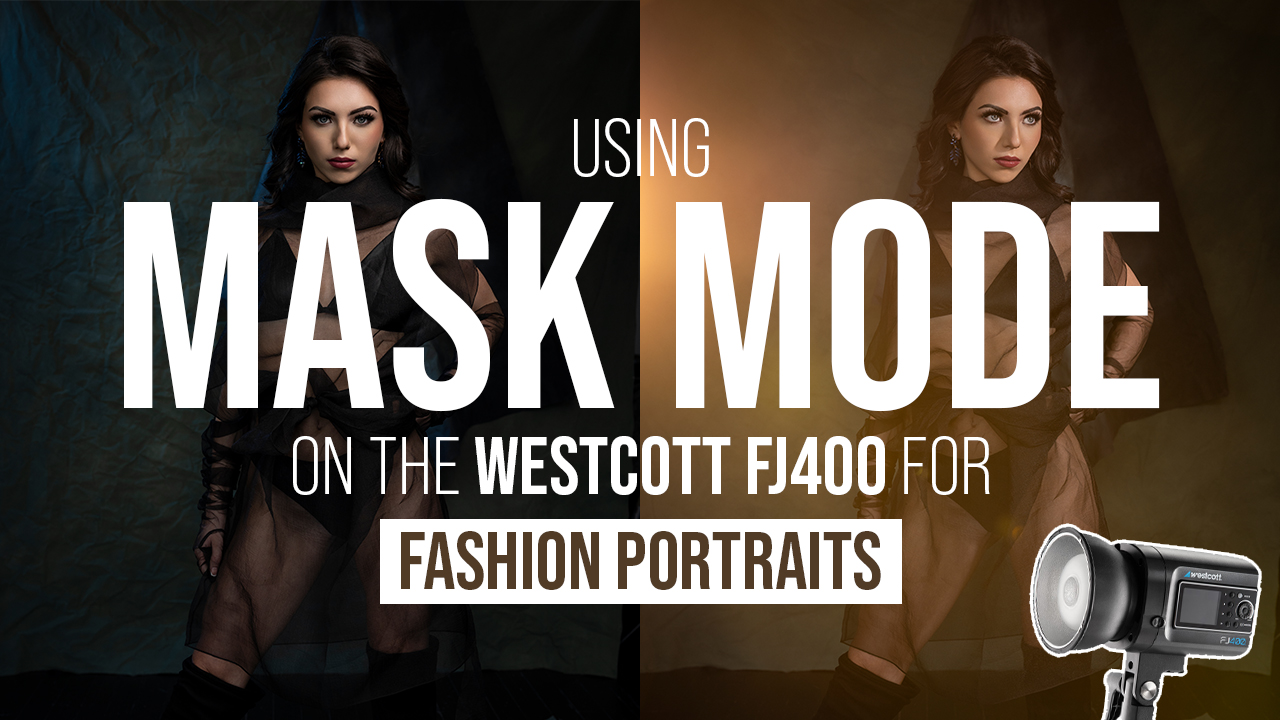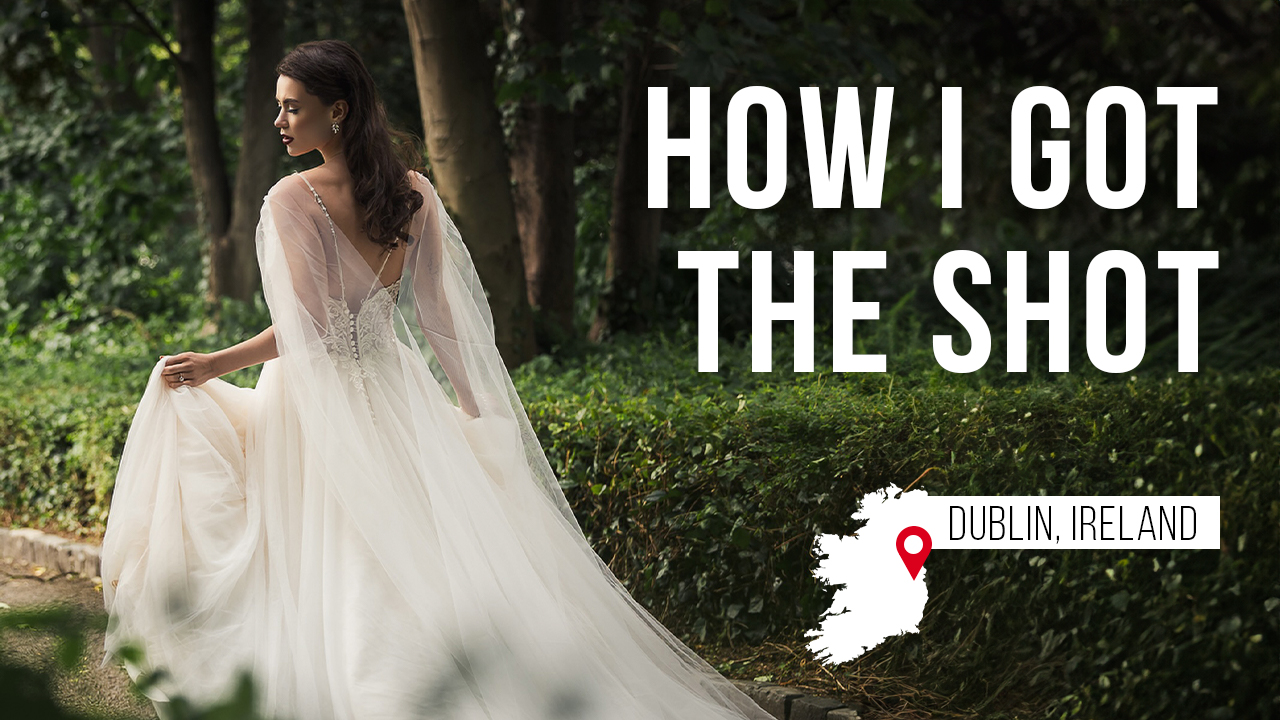How to Black and White Your Photos for Higher Profits with Phillip Blume
Do you see the world in black and white? No one does. So why does black-and-white photography stir up such an emotional response? No other technique or trend is its equal. Is our obsession purely nostalgic? Sure, the early history of photography was written in black and white due to technological constraints. Yet, even today, a century since we learned to capture color and decades since the advent of digital color spaces (CMYK, sRGB, AdobeRGB, ICC), black and white remains timeless. How can you use this to your advantage?
For any photographer who wants to create more impactful work, understanding black and white’s appeal is important: When and how should you use it? But for a professional photographer like myself, harnessing this genre’s appeal can also mean a significant increase in annual revenue.
So if you want to convert your black-and-white photography to green (or whatever color your national currency may be), read on. The first step is to shift our syntax. Let’s make black-and-white a verb.
Black-and-white is a verb.
It seems odd that simply draining the color from an image creates a new experience for the viewer. Yet it’s undeniable. It’s one thing to desaturate an image. It’s quite another to black-and-white it. When I use black-and-white as a verb, I have in mind a strategic, three-step process that communicates something to my client. The something I ultimately communicate is value.
Artists are communicators first and foremost. Let’s utilize this skill more in our businesses. An artist’s personal message is often provocative and must not be compromised. But as professionals as well, we have another important goal: to communicate something our clients will actually value and pay for. With that in mind, my process of black-and-whiting involves the following:
- Identify images whose value will increase in black and white.
- Convert images to black and white by a method that reflects our brand.
- Deliver black-and-white images via a method that protects our brand.
#1 Identify black-and-white images that define your brand.
To identify images whose value will increase in black and white, we first consider a shortlist of criteria that help reinforce our brand message. I’ll list those criteria below, but your criteria may be different because your brand is unique. Use our list as a model, but plan to adapt it.
In addition to our best-known signature brand, Blume Photography, my wife and I own a distinct associate brand, Eve & Ever Photography, which differs from our studio in several ways. I’ll mention a few of those differences later. But with Blume Photography, we’ve chosen to communicate a consistent brand message defined by certain words: luxury, fresh, fun and real.
So here’s our selection process. As soon as we receive our outsourced, color-corrected images from Evolve Edits, we scroll through the images in Adobe Lightroom looking for strong black-and-white candidates. We then apply our favorite black-and-white preset (visit blumephotography.com/blog to download our free custom “Blume B/W” preset) to approximately 5 percent of our images, but only to images that meet these criteria:
- Expresses a strong emotion. This usually relates to our subjects’ facial expressions—whether the expression is a bride’s wild laughter or her father’s contorted attempt to hold back tears before he walks her down the aisle. Because our brand highlights both “fun” and “real” emotions in a photojournalistic style, black and white allows us to intensify the viewer’s focus on these “brand values,” blocking out even the distractions of color and environment to clarify our message.
- Feels nostalgic. Like any skilled photographer, we’re constantly “chasing the light” during photo shoots and wedding days. Beyond natural light, though, our brand is built on the use of shapely off-camera lighting as well. The result for our brand is a portfolio of images that display the high-contrast feel of Old Hollywood. Because we want to communicate “luxury,” images lit this way are great candidates for black and white. The images stand out from the competition, and our clientele naturally make the association between this look and the historic value of old cinema. Basically, it visually reinforces the same message we speak to them again and again: Your images will be as important to your grandchildren as they are to you.
- Fails to meet our color quality controls. Sometimes black-and-whiting just comes down to hiding mistakes. We would never deliver an image that is out of focus, poorly lit or without meaning. But often you create great images in environments where you couldn’t control the ugly, mixed lighting. (You can gel only so many conflicting light sources on a run-and-gun wedding day.) In cases like these—even though our brand highlights “fresh” bright colors—black and white allows us to “mask” these mixed-tone messes that threaten to undermine the otherwise carefully curated, consistent tone of our brand.
In all, our black-and-white selection process takes only 15 minutes or so. But it plays a crucial role as one of many personal touches that give our finished work a recognizable style. Ultimately, it gives our couples the benefit of consistency and originality they expect when they invest in a higher-end photography experience.
#2 Convert images to reflect your brand.
Like every facet of your personal style, your method for converting images to black and white will develop with experience. I define “personal style,” which contributes to your overall brand, as habits you settle into after you experiment a lot and find what you like. At the same time, you want to be thoughtful about your techniques, not settle into poor habits out of laziness, which is a real temptation.
We developed our custom black-and-white conversion with minor tweaks over several years. It’s nothing magical, but it does enhance our brand by giving our images a beautiful film-like look that far surpasses a basic desaturation effect.
Instead of detailing our editing techniques here, we’ve decided to let you download our Blume Black-and-White preset as a free gift. If you use Lightroom, enjoy this. Use it “as is” if you like, but also take time to investigate our included edits—reverse-engineer how we create our signature mood and film-like look.
Download it now while it’s available at www.blumephotography.com/blog.
#3 Deliver black-and-white images to protect your brand.
Contrary to popular belief, the quality of one’s photography is not usually the determining factor behind a successful photography businesses. Customer service and experience is. The way you present and deliver black-and-white images can add value to your service just as much as the steps you took to create them.
The options for presenting your finished images are countless. So, again, make certain your chosen method protects your brand. Consider these possibilities.
- Provide black-and-white originals only. By educating our clients early on (through literature and carefully scripted consultations), we earn a good deal of trust from them. Our couples view us as experts and have faith in our creative choices. This pays dividends when we ask couples to hike to a strange portrait location on their wedding day. It also helps in post-processing. For our Blume Photography brand, the black-and-white selections we make are delivered to the couple as black and white only. We do not include color versions of these photos; we believed these images to be better in black and white. So this is how they’re presented, both during our in-person ordering sessions and on the custom USB drive our couples receive.A knee-jerk reaction to business strategies like this—which limit options for clients—is to consider them drawbacks. In reality, high-end clients perceive higher value when they are served by an expert who asks them to make only the most necessary choice. Remember this: The more choices you leave to a customer, the more likely she is to retreat from a purchasing decision.
- Both color and black-and-white options. A more common option for delivering black and white is to provide your client both color and black-and-white versions of every photo. This assures your client does not convert your images on her own, in a style that may misrepresent your brand. On the other hand, it may create the impression that you simply pasted a common black-and-white filter to your images, that your black-and-white images are nothing special. So this may undermine your ability to educate your client about the time and care you put into editing, affecting the client experience. Still, this option isn’t a nonstarter. If your business plan is geared more toward speed and ease than luxury, it may be a successful option. Just pitch it right: that you go above and beyond to make sure your client has everything she needs to suit her preferences.
- Allow your client to choose. As mentioned above, our associate brand, Eve & Ever, is geared toward a slightly different clientele than Blume Photography. We seek to meet different needs and expectations. We’ve found the best way to deliver images to our associate clients is via ShootProof galleries, whose settings give us the option to put black-and-white editing in clients’ hands. This option essentially marries photo editing technology with our best online sales tool—and it guarantees our clients get black-and-white versions that look classy, while we remain hands-off.
I imagine a visitor to our planet would be shocked to learn that humanity sees beauty in photos stripped of their beautiful colors. But it’s for good reason that formal art programs initiate new photographers with an intro to black-and-white photography. Simplicity is foundational to art. It allows your artwork to say what you want it to say without distraction. Run your business the way you make your art (without distraction and true to brand), and success will follow.
Learn more and download the Blume Black-and-White preset as a free gift at www.blumephotography.com.


